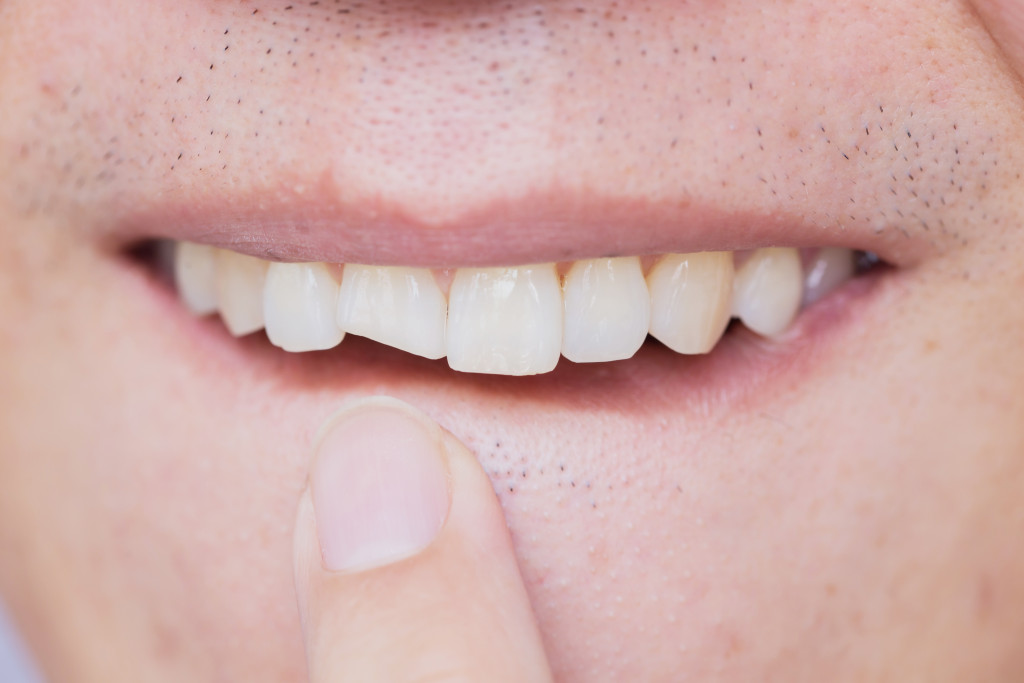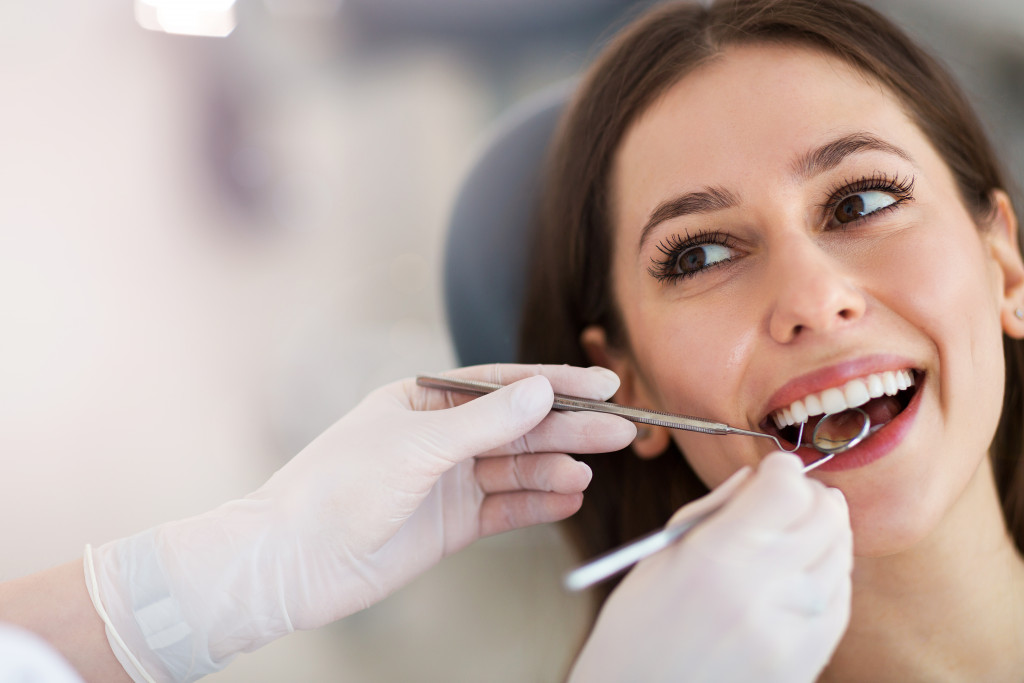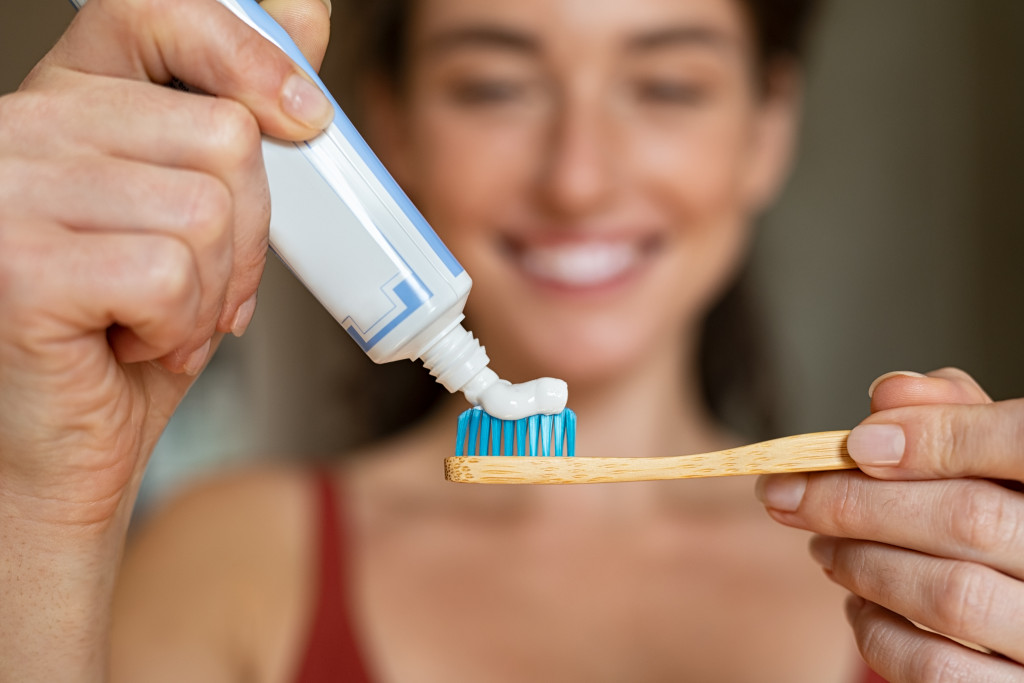- Cracked teeth are common, caused by chewing on hard objects, teeth decay, trauma, and sudden temperature changes.
- Hard and crunchy foods should be avoided as they can worsen pain, cause dislodgement of fillings, and increase the risk of infection.
- Immediate action is necessary, including getting a dental checkup and maintaining dental health by brushing, flossing, and regular dental visits.
- Severe cracks may require dental surgery, while proper oral hygiene can prevent more costly dental procedures.
Cracked teeth are a common dental problem that many people experience. Studies reveal that about one in four adults over 50 have at least one broken tooth. The causes of cracked teeth are numerous, but some of the most common reasons include chewing on hard objects, grinding or clenching teeth, teeth decay, trauma to the face or mouth, and sudden temperature changes in the mouth.
Dental experts reveal that chewing on hard objects like ice, candy, and pens or using teeth as tools can cause teeth cracking. Bruxism, the grinding or clenching of teeth, can cause intense pressure on the teeth leading to cracks. Tooth decay, which weakens the tooth’s structure, can also cause it to crack easier. Trauma to the face or mouth is another common reason for broken teeth. Whether from contact sports, falls, or car accidents, injuries to the face, and mouth area can cause severe dental damage, including cracks. Finally, extreme and sudden temperature changes in the mouth, like consuming very hot or icy drinks, have been known to cause teeth cracking.
When you have a cracked tooth, you must consider immediate action. Here are a few steps you should take.
Avoid Crunchy and Hard Foods
It’s crucial to avoid crunchy and hard foods if you have a cracked tooth. These foods can further damage your tooth and worsen the pain. When you consume hard foods, there is a risk that your tooth may break off completely, and that would require extensive dental work. Here are a few reasons why you should avoid crunchy and hard foods if you have a cracked tooth:
Increased Pressure on the Tooth
Crunchy and hard foods require a lot of force to chew. Chewing these foods with a cracked tooth adds more pressure to that particular tooth area. The stress can exacerbate the pain and make the crack worse. It is best to avoid foods such as hard candy, nuts, and popcorn.
Risk of Tooth Infection
When a tooth cracks, it can expose the inner layers of the tooth that are sensitive and vulnerable to the formation of bacteria. Botched dental procedures can also loosen the tooth’s protective layers, exposing it to infection. Crunchy and hard foods can encourage bacterial growth in the cracks, leading to tooth decay and further damage.
Dislodgement of Filling
If you have a cracked tooth, you have likely had a previous dental procedure, such as a filling or crown. Eating crunchy and hard foods can cause these fillings or crowns to dislodge, causing more damage to your tooth.
Potential Need for Dental Surgery
If your cracked tooth is left untreated, it can lead to complete breakage of the tooth, requiring extensive dental work. It would help to talk to your dentist to determine the best action to ensure you don’t need dental surgery.
Get Dental Checkup
One of the most critical steps you should take when you have a cracked tooth is to get a dental checkup. Visiting a dentist as soon as possible can prevent the crack from worsening, leading to more severe dental problems that may require extensive treatments such as dental surgery or tooth extraction.
Dental checkups are vital because they help the dentist diagnose and evaluate the extent of the crack, which can be challenging to see by just looking in a mirror. A dental checkup involves an X-ray examination, which can reveal the exact location of the crack, its type, and the damage it has caused to the surrounding teeth.
Unfortunately, some cracks may not be repairable due to the nature of the accident. Severely cracked teeth often require a full-mouth dental implant service to replace the damaged area, which involves replacing all teeth in one’s mouth with artificial ones. Your dentist can offer more information about this process and help you decide what to do next.
Maintain Dental Health
Finally, it is essential to maintain your dental health if you have a cracked tooth. This means regular brushing, flossing, and avoiding sugary drinks and snacks as much as possible.
Proper oral hygiene can keep the crack from worsening, reduce infection risks, and help you avoid more costly dental procedures.
Brushing and flossing at least twice daily, eating nutritious foods, and avoiding smoking or drinking alcohol can all help maintain dental health. Another way to maintain dental health is by visiting your dentist every six months for a checkup.
Final Thoughts
In conclusion, taking steps to prevent further tooth damage is essential if you have a cracked tooth. Avoiding crunchy and hard foods that put added stress on the damaged tooth is critical to preventing more severe dental problems. It is also essential to visit a dentist as soon as possible to diagnose the cracked tooth’s condition accurately. Following these steps can help ensure you get the treatment you need in time.


